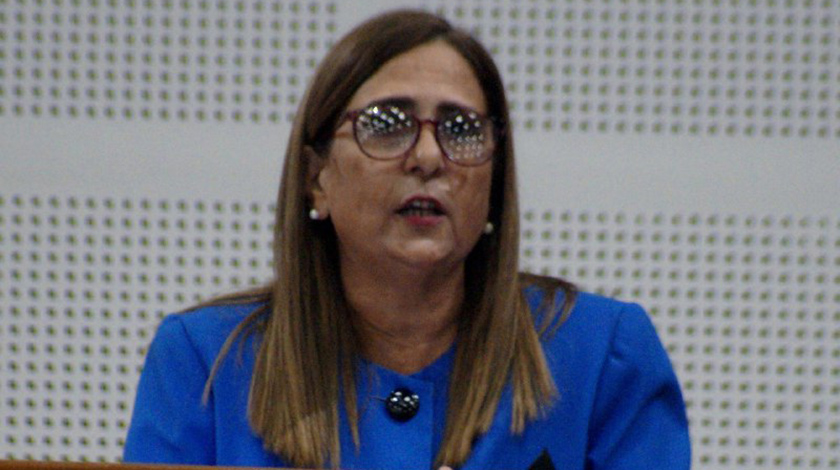
Cuba perfects legal regime for expropriation
Havana, Dec 13 (RHC) The National Assembly of People's Power (ANPP), approved on Tuesday the Law on Expropriation for reasons of public utility or social interest, a provision that perfects the current legal regime of this measure of the State in favor of collective interests.
Meisi Bolaños Weiss, Minister of Finance and Prices, stated at the Havana Convention Palace that the regulation is governed by the provisions of the Constitution of the Republic of 2019, in its Article 58, whose third paragraph mandates that "the law establishes the bases for determining its usefulness and necessity, the guarantees due, the procedure for expropriation and the form of compensation".
She explained that far from harming people, the Law makes up for the lack of a single legal body to regulate expropriation since up to now it was controlled by scattered laws such as the General Housing Law and others.
The Minister explained that in Cuba there have been regulations of this type since 1836, and after January 1, 1959, it has operated in the history of the Cuban Revolution, especially in the first decade of the social project, as an instrument for socio-economic and political transformation.
According to the Minister, the Law of Expropriation for reasons of public utility or social interest provides guarantees in procedural matters and strengthens the form of compensation, provides guarantees, and gives legal certainty to the owner and the right of the property to be expropriated.
It ratifies the principle that people can only be deprived of their property only for reasons of public utility or social interest by the provisions of the Constitution of the Republic of 2019 and with due compensation, she specified.
She mentioned that the use and conservation of natural resources; the construction of educational, health, sports, cultural, recreational, and other works and infrastructure for the collective welfare or urban and rural development are considered to be of public utility or social interest.
Furthermore, it includes the construction, expansion, or alignment of public roads, execution of agricultural programs, and the urbanization of areas for social or economic development purposes.
Bolaños Weiss insisted that the expropriated parties have the right to demand the reversion of the expropriation as long as the conditions established in the Law and the administrative process are complied with.
According to the Minister of Finance and Prices, the houses can only be temporarily occupied in exceptional and disaster situations, without prejudice to the process to determine the corresponding indemnification.
She emphasized that the Law is the result of hard collective work after the creation of a temporary group made up of the State agencies involved and professors from the Law School of the University of Havana.

